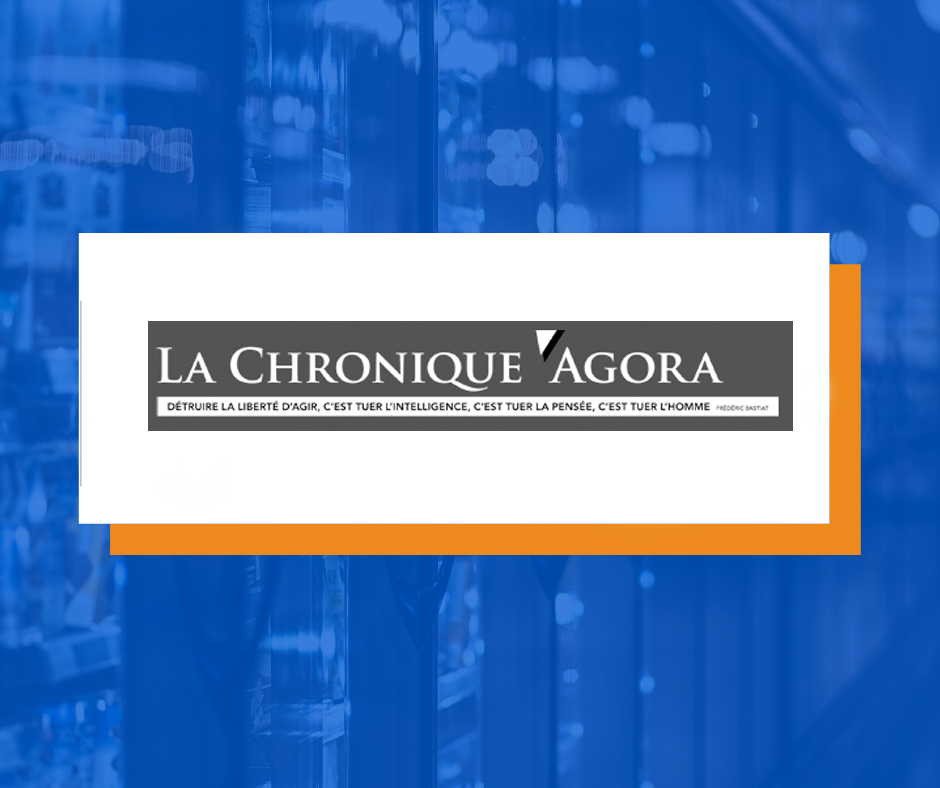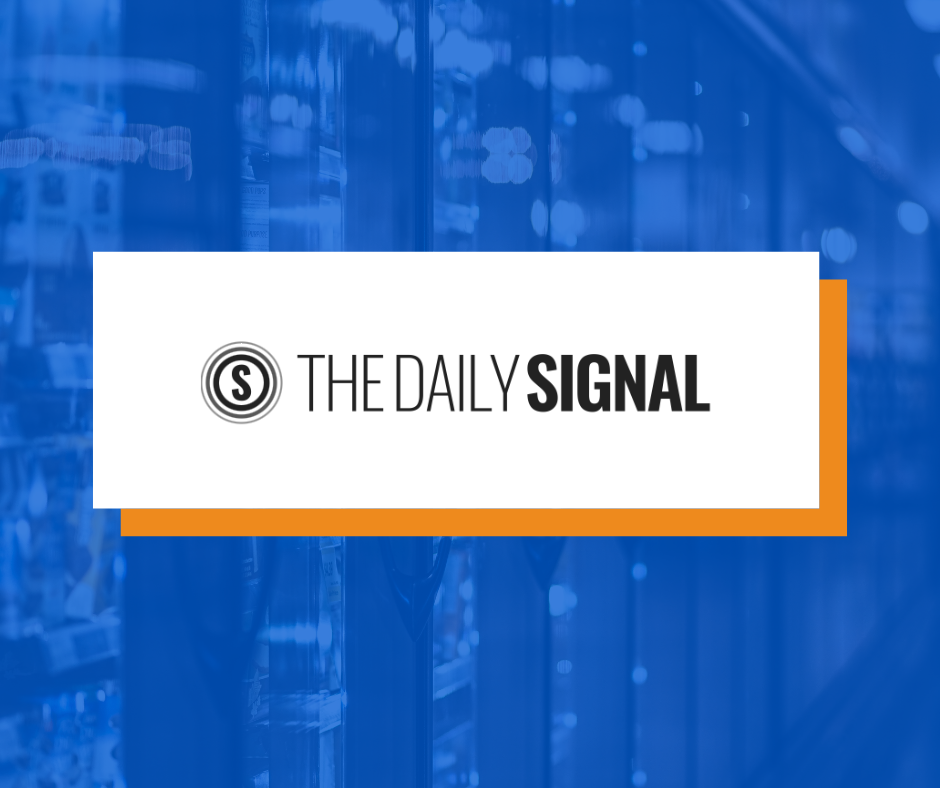When I was in the 7th form, our biology teacher showed us a smoker’s lung model followed by a brief explanation of the negative effects of smoking. But the model of the damaged lungs itself was enough to educate me, a 13-year-old, about the health consequences I would have to deal with if I ever choose to smoke. This is the essence of freedom that penetrates our adult lives: free choices made in full awareness of the responsibility that follows. Be it alcohol, cigarettes, or sugar. Complex maths formulas we are taught in school are important, but learning about the importance of preserving our consumer choice in the face of nannyism even more so.
By introducing various obligatory warning labels such as “smoking can cause a slow and painful death”, governments all around the world have been trying to compensate for failures of their education systems to effectively convey these messages. Because if everyone knows that smoking isn’t the healthiest habit, they won’t do it, right?
No, they would and should be free to do so. If a consumer is determined to buy a pack of cigarettes, no warning label, and no tax will affect his behaviour. With a plethora of lifestyle regulations, nannying is now seen as inherent to governments. But this is wrong. It is the role of educational establishments to educate us about the effects of smoking or alcohol, but governments are there to guarantee we are able to exercise our freedom to choose as long as we do not cause harm to other people.
In February, Food Standards Australia and New Zealand announced its intention to make labelling on alcoholic drinks mandatory. The new label will include the words “health warning” in bold red text, and “alcohol can cause lifelong harm to your baby”. How obvious, one would say. According to a poll conducted by YouGov, 70 per cent of Australians were aware that drinking while pregnant contributed to Fetal Alcohol Syndrome Disorder. And yet some 70 per cent of respondents supported changing labels on alcohol bottles.
Nothing is wrong with Australians wanting to see warning labels on their alcoholic beverages. The question is whether it’s achieved through government compulsion or voluntarily. In Australia, the existing rules adopted in 2011 make using a symbol with a line through a silhouette of a pregnant woman drinking a glass of wine voluntary. It is of course in the interest of the industry to live up to the expectations of its consumers, but changes to the new labels would cost $400 million in producing new labels. The higher the price of production, the higher the price for consumers.
What about adult male and female (non-pregnant) consumers of alcohol? Is it fair that they would need to pay a higher price for alcoholic products to educate pregnant women about the negative effect of consuming alcohol during pregnancy? Pregnancy health warning labels are biased and ignore the interests of a far wider group of consumers who are hurt by such regulations. It really is cheaper, more sustainable and generally more socially beneficial to invest in proper school education.
At a time when governments are increasingly targeting our consumer choice, we should be prepared to fight back. One drop of nannyism doesn’t make a storm cloud, but a huge accumulation of them does. I don’t like living in a world where I’m treated like a child who doesn’t know that an excess of alcohol, smoking, sugar and [insert other product deemed dangerous] else may cause harm and so needs to be directed away from them. You?
The Consumer Choice Center is the consumer advocacy group supporting lifestyle freedom, innovation, privacy, science, and consumer choice. The main policy areas we focus on are digital, mobility, lifestyle & consumer goods, and health & science.
The CCC represents consumers in over 100 countries across the globe. We closely monitor regulatory trends in Ottawa, Washington, Brussels, Geneva and other hotspots of regulation and inform and activate consumers to fight for #ConsumerChoice. Learn more at consumerchoicecenter.org




